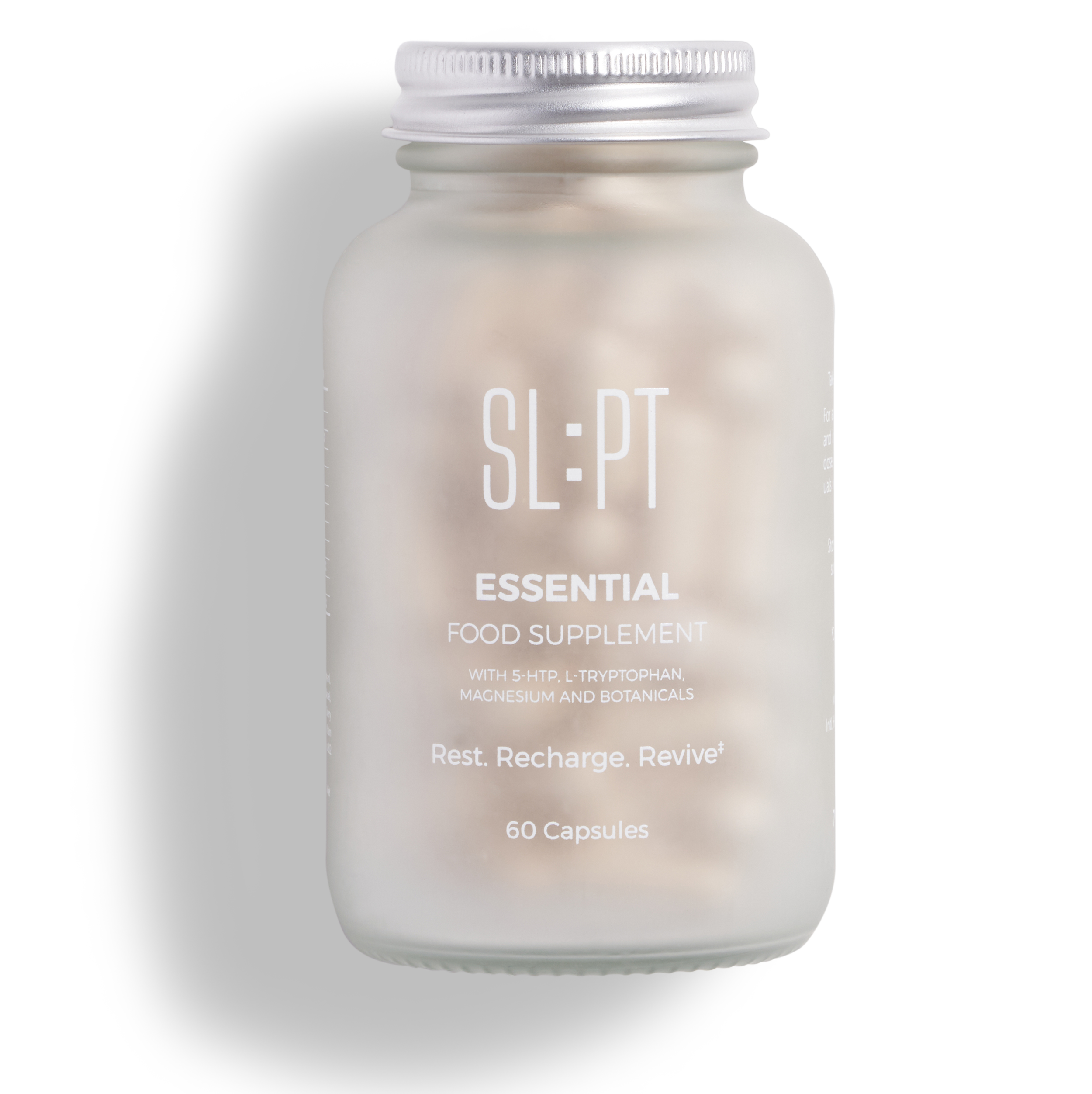Six Simple ways you can Improve your Sleep
Struggling to get a good night's sleep can be a frustrating experience, especially when those bad nights happen frequently and poor sleep feels like your norm. The good news is insomnia doesn’t need to be your reality, in this article we will provide you with six simple tips and tricks to improve your sleep.
1. Develop a Night-time Routine
We all have repetitive behaviours we routinely perform in the morning, but few of us apply these good habits to our night-times. Yet, having a well-established sleep routine has been shown to improve sleep.
There are many ways to develop a successful night-time routine that helps to foster better sleep. Winding down before bed is an essential element for restful sleep. If you are up late working on a task or preoccupied with something stressful, you will carry this hectic energy with you into the bedroom. Switching off thirty minutes before bedtime, reducing stress and clearing your thoughts will calm your brain to enter deep sleep correctly. Meditation before bedtime has been shown to be a successful way to calm down our minds.
2. Create a Restful Sleep Environment
This may seem obvious, but our sleep environment plays an essential role in getting a great night's sleep. It should feel relaxing, comforting, and a place you want to sleep. Helpful tips for creating the ideal sleep environment include:
Create a serene sleeping space – the more relaxing & pleasant the environment, the more it will promote a good night’s sleep. We like to think of our bedroom as a luxury hotel.
Invest in comfortable bedding – ensure your mattress, duvet, sheets and pillows are right for you. The more comfortable you are the more likely you will sleep. This is an investment which will pay dividends for your sleep.
Keep your room clutter-free & clean. Without clutter, you will feel calmer in your room, you will enjoy the space and sleep better.
3. Control the Light in Your Environment
Our sleep is connected to our exposure to light – our bodies use light to regulate important sleep-inducing hormones. So particular light can throw off our ability to properly regulate sleep.
Disturbances by light – whether ambient street light, televisions, or electronic devices (even standby power lights) can harm falling into a deep sleep. There are many simple solutions to reduce light in our rooms. Blackout blinds will block out any external lighting, smart light systems can turn off at bedtime and slowly turn on throughout the morning to wake you up gently, or simply using an eye mask can be a great option if you like to have no light exposure overnight.
4. Avoid Technology (and Netflix) Before Bed
Our phones, tablets, computers, and laptops all affect our sleep. Modern screens often emit blue light – which has been proven to affect our body clocks and throw off sleep. So, that late-night Instagram scroll or that extra Netflix episode in bed might be causing your insomnia.
Blue light has been shown to interact with our natural cycle of sleep. Exposure to blue light late into the evening can confuse our circadian rhythm and keep us up later and longer. Blue light has also been linked to a decreased ability to enter and remain in a deep sleep. So put down those devices way before bedtime.
5. Avoid Caffeine and Alcohol Intake
Caffeine and alcohol can harm our ability to sleep in the evenings – each affects different chemicals in our bodies, regulating our sleep.
Caffeine is in many of our daily drinks like coffee, tea, and some fizzy drinks. It acts as a stimulator to our nervous system, but when it comes to sleep the chemicals in caffeine suppress certain sleep-inducing hormones in our bodies. Decreasing your caffeine intake, or eliminating that afternoon blonde vanilla latte will positively affect your ability to sleep.
Alcohol can also play havoc on our sleep. When we have a drink, it may seem that alcohol helps us get to sleep, but it actually affects the quality you will receive through the night. Alcohol inhibits our brain from entering the more restful stages of sleep (REM) – so you won’t be getting the good stuff you need to feel recharged the next day. Reducing alcohol consumption before bed (and in general) has many positive health impacts, including improved sleep!
6. Regular Exercise Routine & Ensure Exposure to Sunlight
Exercise and exposure to sunlight are two easy steps you can take to improve your sleep.
If we burn more energy through exercise, it helps‚ promote healthier sleep‚ patterns. And getting outside and exposing yourself to daylight is also essential for our bodies to regulate sleep-inducing hormones. Both exercise and exposure help balance our circadian rhythms, which will help our bodies release sleep hormones when it’s time to hit the hay.
Sleep is an essential component of health that many of us struggle with. These simple tips can be starting points for you to begin your journey to conquering your insomnia. For more helpful sleep-related content, subscribe to our newsletter for advice, tips, and everything sleep!










Our ultra soft 100% cotton eye mask is the perfect accessory for supporting a great night's sleep.